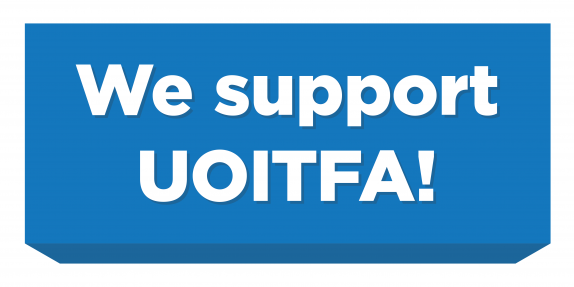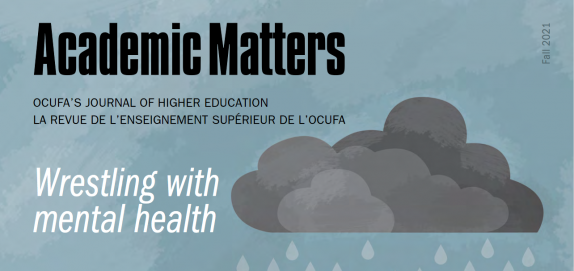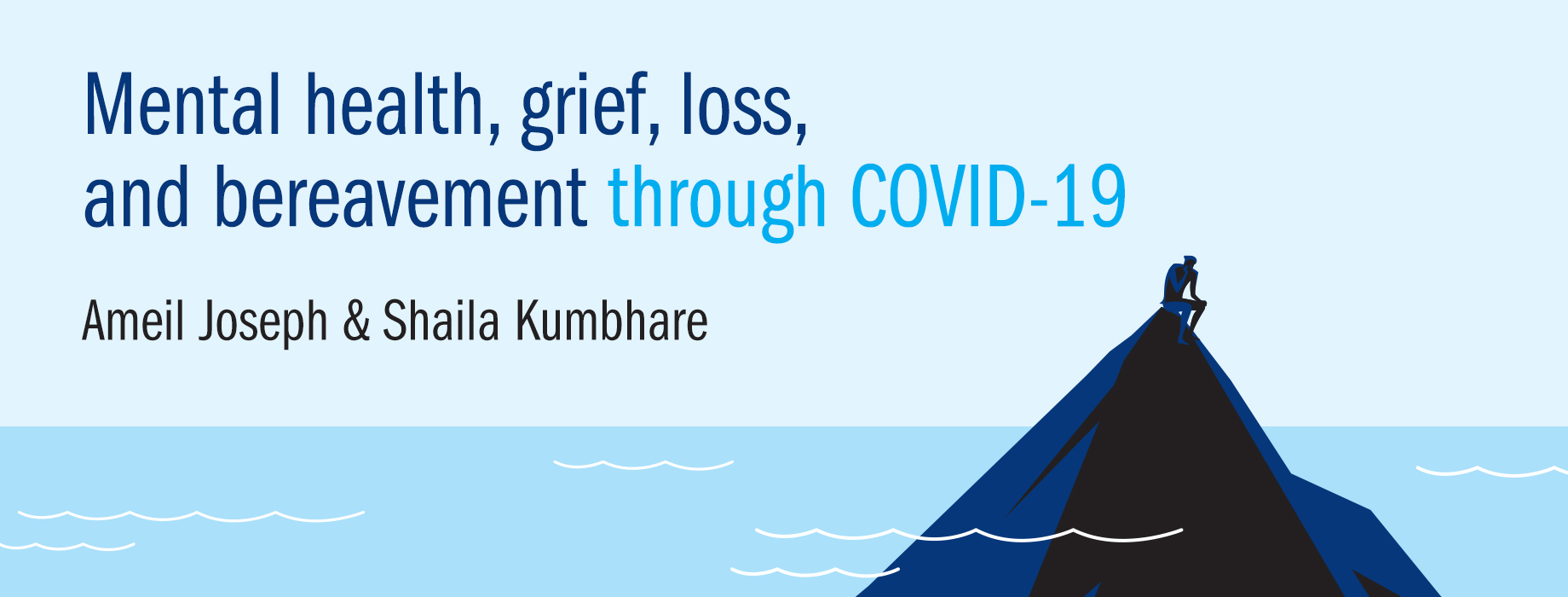
The Ontario Confederation of University Faculty Associations (OCUFA) extends its solidarity and support to faculty at Ontario Tech University, who are on strike for the first time in their union’s history. Members of the University of Ontario Institute of Technology Faculty Association (UOITFA) have been working hard to negotiate a fair collective agreement. To end this strike, the university administration needs to return to the bargaining table with proposals that address faculty members’ concerns about workload, education quality, and equity.
In response to the pandemic, faculty at Ontario Tech have done exemplary work to transition courses online, continue research, and maintain a high-quality educational experience for students. Major concerns around workload (Ontario Tech faculty have the second highest student-to-faculty ratio in Canada), education quality, and equity existed before the pandemic and have become more acute in the past two years. It is time for the university administration to show some leadership by committing to supporting faculty in their efforts to deliver high-quality education.
“OCUFA and the 17,000 faculty, contract faculty, academic librarians, and other academic professionals we represent are united in solidarity with the brave members of the UOITFA,” said Sue Wurtele, President of OCUFA. “We will do whatever it takes to support the UOITFA’s efforts to secure the fair collective agreement Ontario Tech faculty deserve.”
This strike is occurring because the Ontario Tech administration has repeatedly refused to meaningfully engage with any of the UOITFA’s priorities and even refused to send outstanding items to binding arbitration.
“Throughout the pandemic, Ontario Tech faculty have demonstrated their dedication to the university,” said Wurtele. “Now it is time for the Ontario Tech administration to show that they will be there for faculty when additional support is needed. This is not a question of limited finances—Ontario Tech has reported repeated surpluses over the past decade.”
OCUFA urges the Ontario Tech administration to sit down with faculty and negotiate a fair collective agreement that addresses their concerns around workload, education quality, and equity. That is the only way to bring this strike to an end.
Those wishing to show their support for Ontario Tech faculty should send an email to the university’s president at: uoitfa.ca/take-action/
Founded in 1964, OCUFA represents 17,000 faculty, academic librarians, and other academic librarians in 31 member associations across Ontario. It is committed to enhancing the quality of higher education in Ontario and recognizing the outstanding contributions of its members towards creating a world-class university system. For more information, please visit the OCUFA website at www.ocufa.on.ca.
-30-
For more information, contact:
Ben Lewis, Communications Lead at 416-306-6033 or communications@ocufa.on.ca













